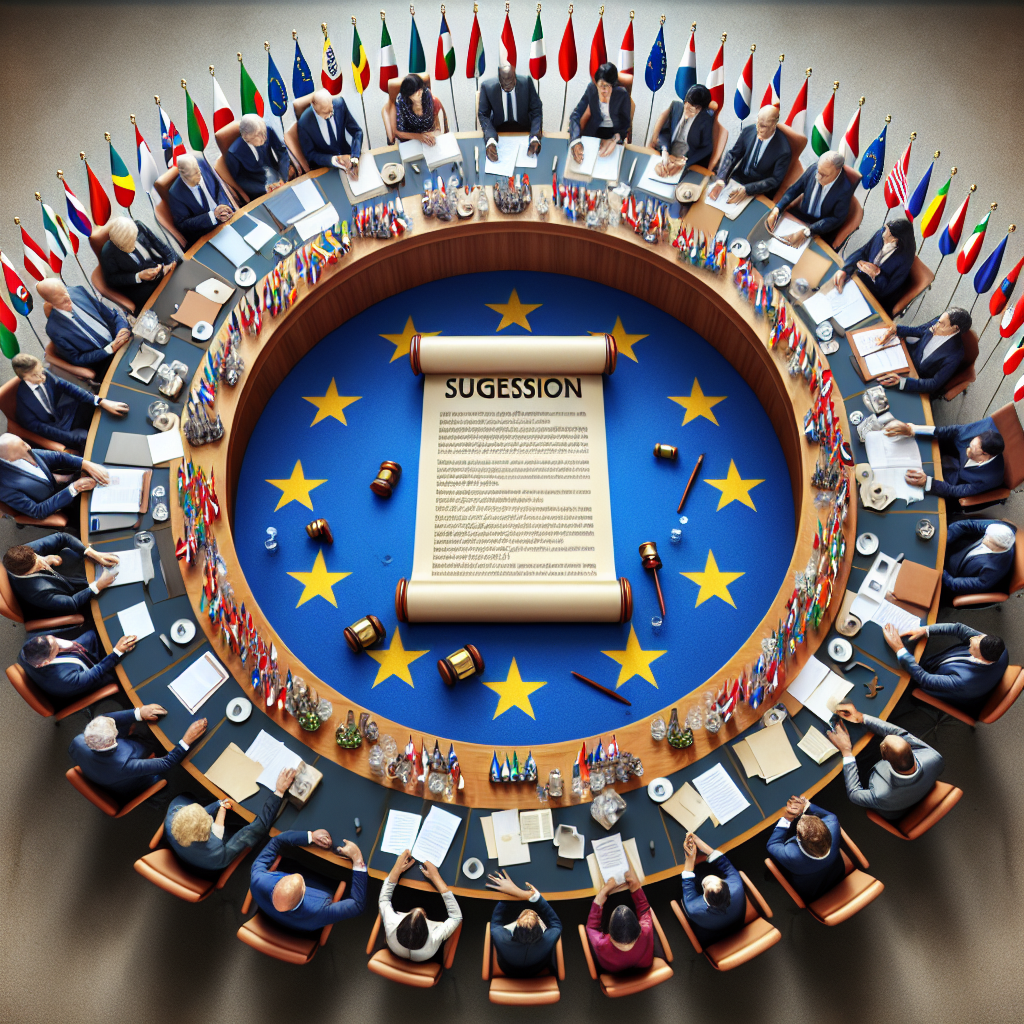EU's Floating Price Cap Proposal on Russian Oil: A New Sanction Strategy
The European Commission has suggested a floating price cap on Russian oil, targeting 15% below the average market price over three months. This initiative aims to further limit Russia's war financing capabilities. Technical details remain to be finalized, with unanimous agreement required among EU member states for implementation.

- Country:
- Belgium
The European Commission proposed on Friday a flexible pricing cap on Russian oil, sought to be pegged at 15% below the quarterly average market price. EU diplomats disclosed that this move stems from efforts by the EU and Britain to further hinder Russia's financial resources amid the Ukraine conflict.
Initially agreed upon by the Group of Seven nations back in December 2022, the price cap had experienced reduced impact following fluctuations in oil futures. Brent crude prices had seen a rebound, with a recent settlement at $70.36 per barrel, sparking concerns over the efficacy of the existing $60 cap.
Technical details of the proposal need further discussion, diplomats acknowledged, specifically to address apprehensions from EU's maritime members, namely Malta, Greece, and Cyprus. The European Commission had earlier suggested a cap reduction as part of broader sanctions, facing challenges in securing U.S. approval. Notably, Russia's Urals crude currently trades slightly below the cap.
(With inputs from agencies.)
ALSO READ
Europe's Escalating Destabilization: The Impact of Arms to Ukraine
EU Sanctions on Russia: Navigating Diplomatic Challenges
China Denies Weapon Supply Accusations in Ukraine Conflict
North Korea's Troop Deployment: Bolstering Russia Against Ukraine in Strategic Alliance
Slovakia Challenges EU Sanctions Over Russian Gas Concerns










